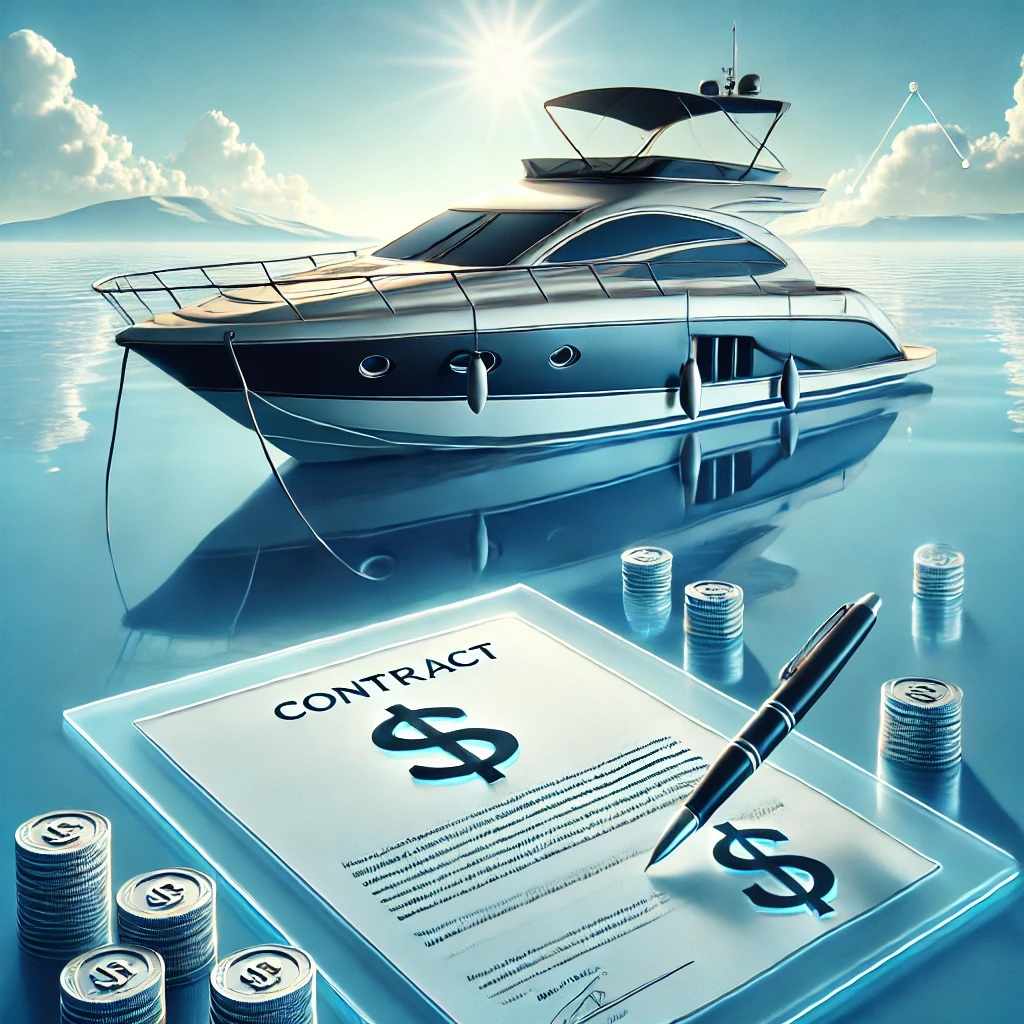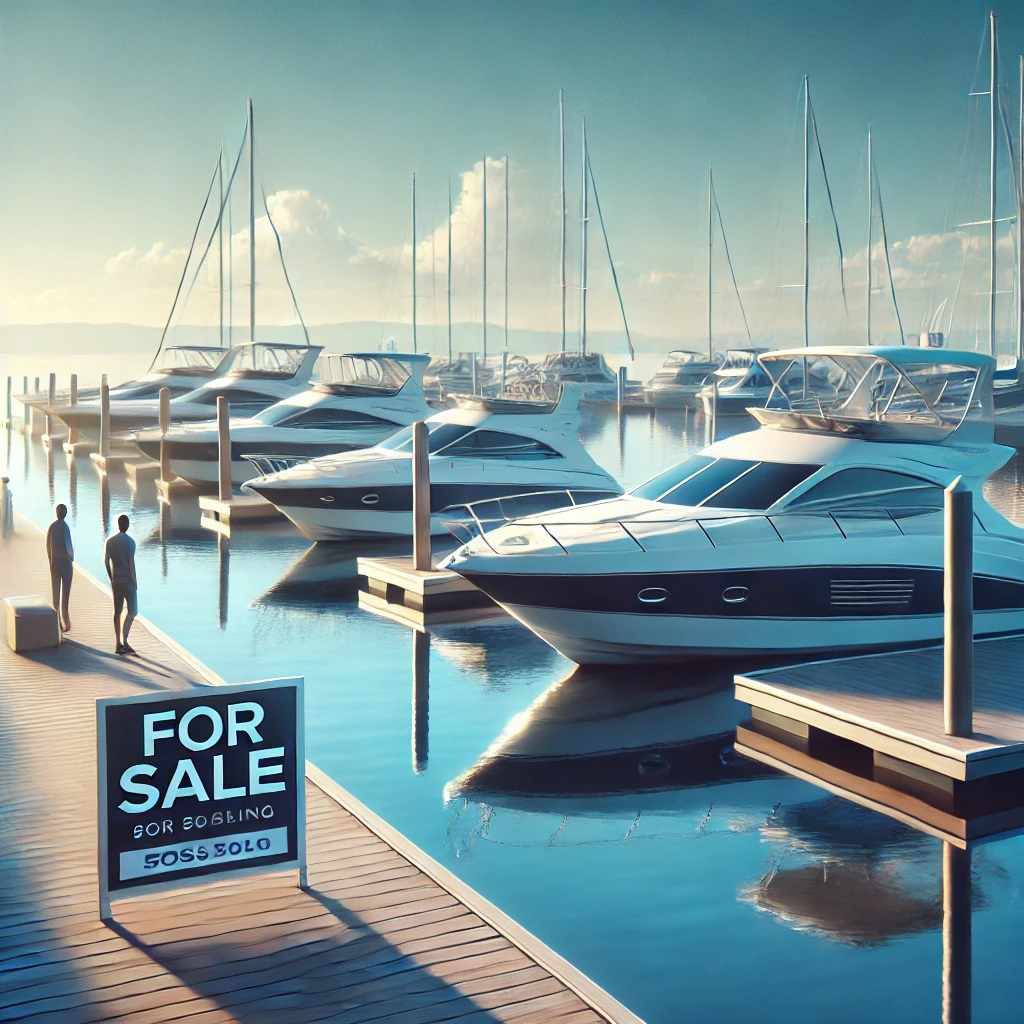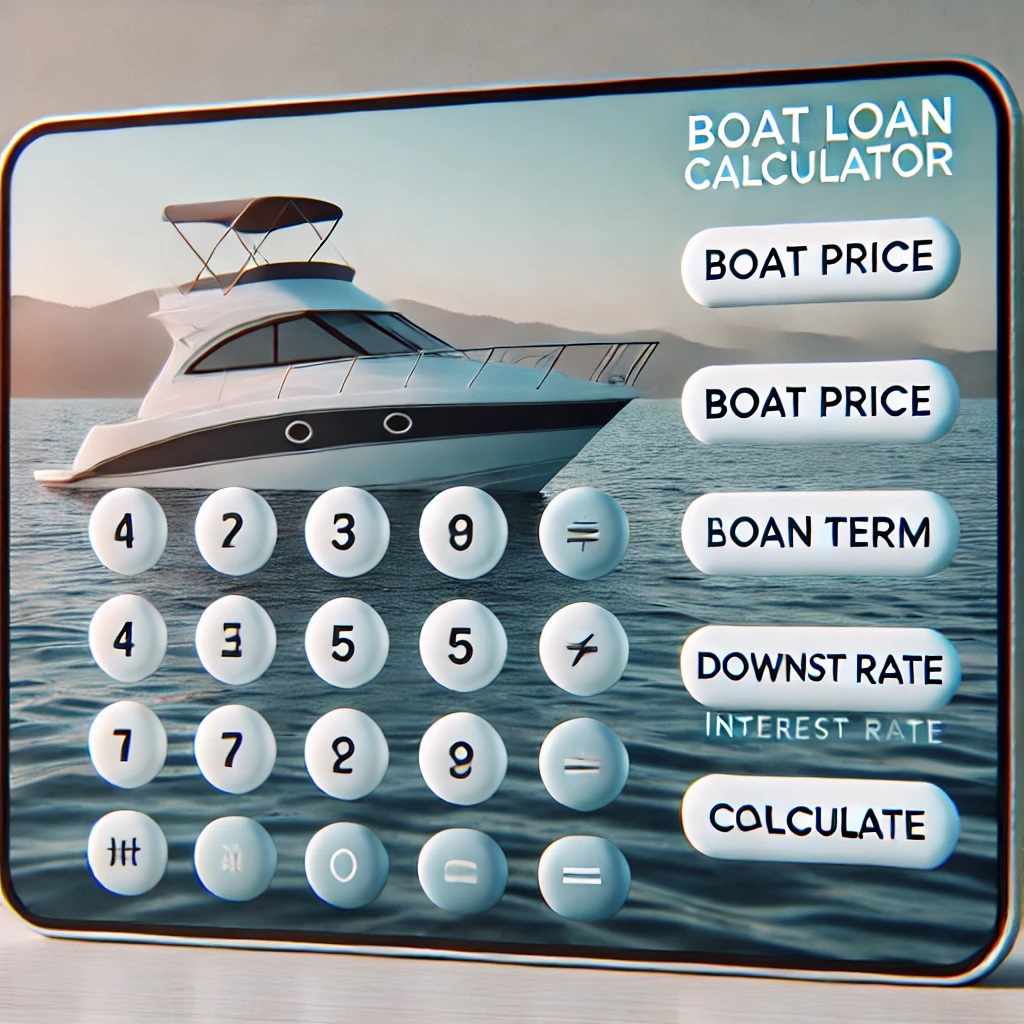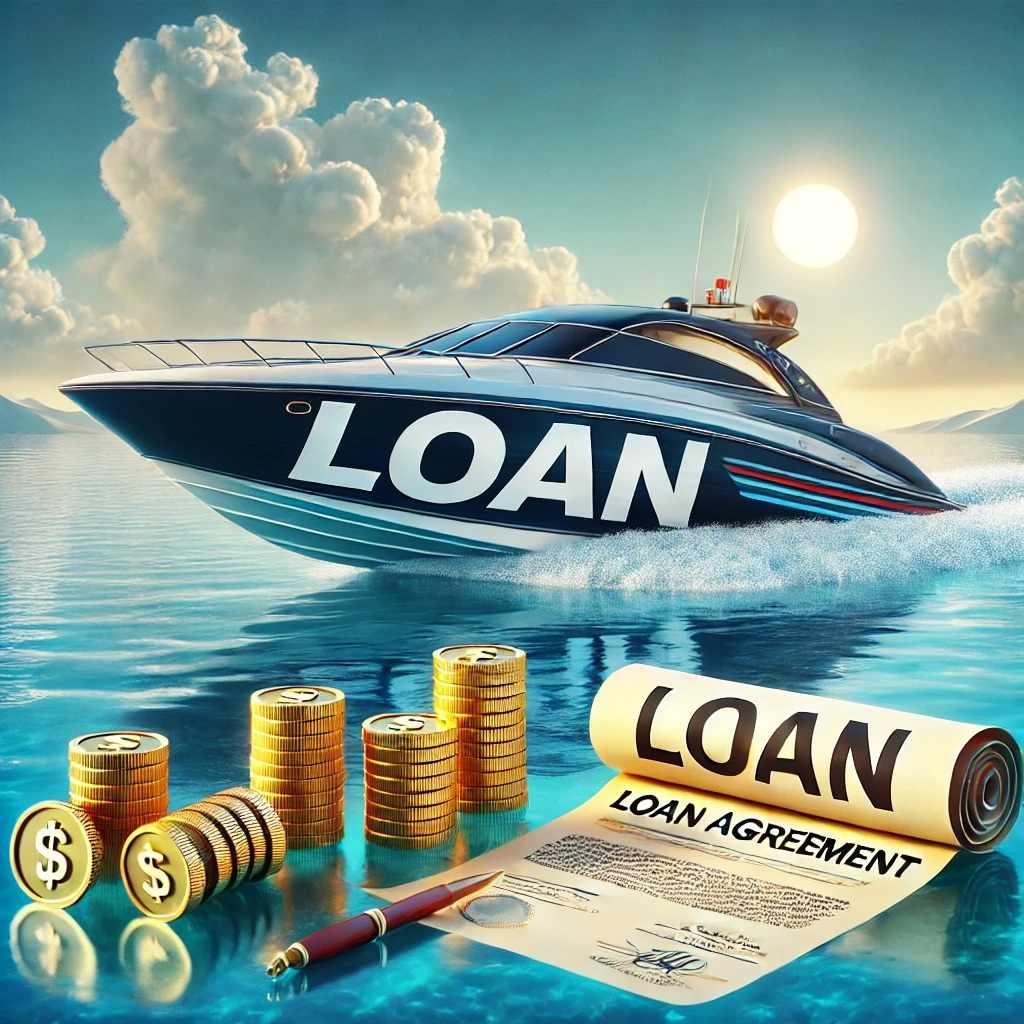
Introduction
Buying a boat is a thrilling opportunity—whether you're chasing weekend getaways, fishing adventures, or simply the freedom of open water. But for most buyers, paying the entire cost upfront isn’t realistic. That’s where boat loans come in, offering a structured way to finance your dream without depleting your savings.
In 2025, financing conditions for boats are shifting. Specialized marine lenders are competing with traditional banks, while interest rates are generally higher than a few years ago due to broader economic pressures. Still, some buyers are seeing opportunities—especially with competitive rates from dealer financing and marine-specific institutions. One of the first and most important decisions you’ll face is: should you choose a secured or unsecured boat loan?
This guide dives deep into both types—what they are, their pros and cons, current market conditions, and practical tips—to help you choose wisely.
1. What Is a Boat Loan?
A boat loan is a personal installment loan designed specifically to finance boats—from small recreational craft to large yachts. Loan terms typically range from 10 to 20 years, though shorter or longer terms are possible depending on the lender and vessel specifics.
Major Trends in Boat Loan Rates (2025)
Dealer or marine specialist loans: sometimes offered at attractive rates near 6.5%.
Average market rates: hovering between 7% and 10%; borrowers with excellent credit might secure rates around 6%–7%; those with weaker profiles may face double-digit offers.
Economic factors: inflation and rising interest rates since 2022 have pushed averages up to around 7.8% in 2025.
Specialized lenders: marine-specific financing often offers better terms, longer repayment horizons, and faster approvals than general personal-loan providers.
2. Secured Boat Loans: Anchored in Collateral
What Are Secured Boat Loans?
A secured boat loan uses the boat itself as collateral. If you default, the lender has the right to repossess and sell the vessel to recover their money.
Advantages
Lower interest rates – because lenders face less risk.
Higher loan amounts – tied directly to the boat’s appraised value.
Longer terms – often 10–20 years, making monthly payments more manageable.
Flexible repayment – some lenders allow early repayment without penalties.
Drawbacks
Risk of repossession – you could lose your boat if you default.
Down payment required – usually 10–20% of the boat’s value.
More paperwork – lenders may require valuation, proof of insurance, and detailed documentation.
Depreciation risk – if the boat loses value, you may owe more than it’s worth.
3. Unsecured Boat Loans: No Collateral, More Freedom
What Are Unsecured Boat Loans?
An unsecured boat loan does not require collateral. Approval is based primarily on your creditworthiness, income, and debt-to-income ratio.
Advantages
No collateral risk – your boat isn’t tied to the loan.
Faster approvals – less paperwork and no need for appraisals.
Good for smaller or used boats – ideal for lower-cost purchases.
Flexible usage – funds can sometimes be used for repairs, upgrades, or accessories.
Drawbacks
Higher interest rates – often ranging from 10% to 35% depending on credit.
Stricter eligibility – typically requires strong credit (often 680+ score).
Smaller loan amounts – less financing power than secured options.
Credit risk – missed payments can seriously damage your credit profile.
4. Choosing the Right Boat Loan: Secured or Unsecured?
Factors to Consider
Credit Score & Financial Strength: Excellent credit may make unsecured options viable; weaker credit profiles may require a secured loan.
Boat Value & Loan Size: Higher-cost boats usually favor secured loans.
Risk Tolerance: Comfortable pledging your boat as collateral? Secured loans work.
Cash Flow Needs: Longer terms via secured loans ease monthly payments.
Application Speed: Unsecured loans are often faster to fund.
Use of Funds: Want flexibility for accessories or upgrades? Unsecured loans may suit better.
Quick Comparison Table
FeatureSecured Boat LoanUnsecured Boat LoanCollateralBoat (or other asset)None — creditworthiness onlyInterest RatesLowerHigherLoan AmountLarger (tied to boat value)SmallerLoan TermLonger (10–20 years)Shorter (often under 7–10 years)Approval SpeedSlower (valuation, paperwork)FasterRisk of RepossessionYesNo
5. 2025 Market Conditions: What Today’s Borrowers Face
Interest Rates: General trend of 7%–10%, with top-tier borrowers sometimes offered around 6.5%.
Lender Landscape: Marine-specific lenders often provide larger amounts, longer terms, and quicker approvals compared to traditional banks.
Consumer Behavior: Rising costs are nudging buyers toward smaller or used boats. Younger buyers are exploring alternatives like fractional ownership.
Financing Strategy: Some buyers are choosing to finance even if they can pay cash, preferring to keep their money invested when returns exceed loan costs.
6. Expert Tips: How to Secure the Best Boat Loan
Shop Multiple Lenders — compare options from banks, credit unions, and marine lenders.
Get Pre-Approved — this helps you know your budget and strengthens negotiations.
Improve Your Profile — boost credit score, reduce debt, and increase down payment.
Use Loan Calculators — compare monthly payments, total cost, and long-term affordability.
Read the Fine Print — watch for hidden fees, insurance requirements, and prepayment penalties.
Time Your Purchase — buying in the off-season can yield better financing and price deals.
Conclusion
Secured and unsecured boat loans each serve different needs. Secured loans are best for buyers seeking lower rates, larger loan amounts, and long repayment terms—though the risk of repossession is real. Unsecured loans, on the other hand, offer faster approvals and no collateral risk, but at the cost of higher interest rates and stricter credit requirements.
Your choice should align with your financial position, risk comfort, and long-term goals. In 2025, competitive lenders and flexible loan structures give buyers more options than ever to finance their boating dreams smartly.
FAQ — 400 Words
What’s the main difference between secured and unsecured boat loans?
Secured loans require the boat (or another asset) as collateral, reducing lender risk and offering lower rates. Unsecured loans rely only on your creditworthiness, so rates are higher and eligibility is stricter.
Can you get an unsecured boat loan with bad credit?
It’s unlikely. Unsecured loans usually require a credit score of 680 or higher. Borrowers with weaker credit may need a secured loan or a larger down payment.
Do secured loans require a down payment?
Yes. Most lenders require 10–20% upfront for secured loans, especially on high-value boats.
Are unsecured loans faster to process?
Yes. Without the need for boat appraisals or collateral checks, unsecured loans typically have a quicker approval process.
Which loan type offers better interest rates?
Secured loans almost always offer lower interest rates. In 2025, secured loans may range around 6.5%–8%, while unsecured loans can stretch into double digits.
How long can boat loans last?
Loan terms usually run 10–20 years for secured loans. Unsecured loans are shorter, often capped around 7–10 years.
Are there lenders who specialize in boat loans?
Yes. Marine-specific lenders often provide more favorable terms, quicker processing, and larger loan amounts than general banks or credit unions.
Should I finance if I can pay cash?
Financing can be a smart move if your investments earn more than your loan costs. For example, if your investments return 8% while your loan rate is 7%, financing keeps your money working for you.






![🚤 Boat License Alberta: Cost, Fees, and Processing Time [2025 Guide]](https://sk0.blr1.cdn.digitaloceanspaces.com/sites/442687/posts/995564/boatloancalculator7.jpg)








Write a comment ...